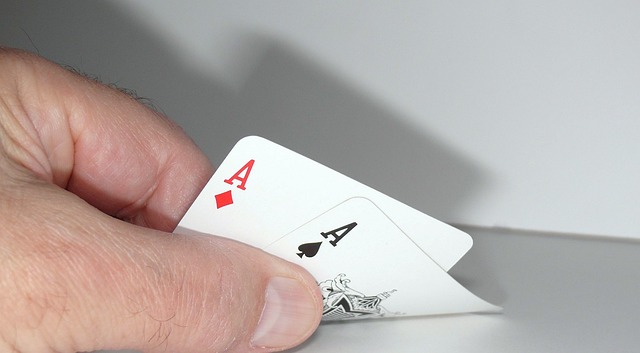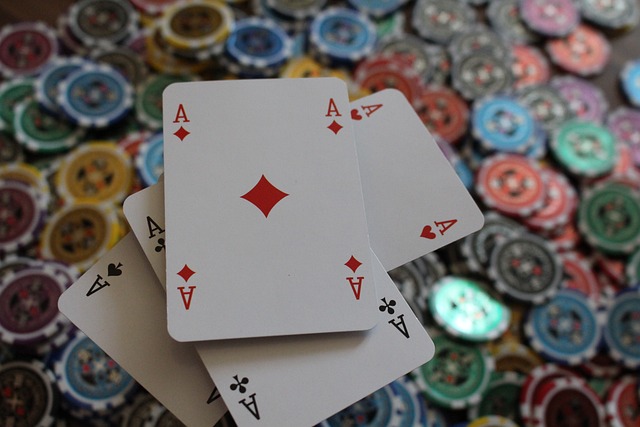Stepping into the world of casino gaming can be exciting, but if you’re not familiar with the terminology, it might also feel overwhelming. Whether you’re spinning the reels, playing a hand of blackjack, or placing bets at the roulette table, knowing the right casino lingo helps you feel more confident and engaged. From seasoned pros to first-time players, understanding these terms is a must. This glossary covers the most common and essential terms every gambler should know, so you can navigate any game like a true casino insider.
Basic Casino Terms You’ll Hear Everywhere
These are some of the most frequently used terms across all types of casino games:
- Bankroll: The total amount of money a player sets aside for gambling. Managing your bankroll is crucial to playing responsibly.
- House Edge: The built-in advantage the casino has in any game, typically expressed as a percentage. The lower the house edge, the better it is for the player.
- RTP (Return to Player): A percentage showing how much a game pays back to players over time. For example, a slot with a 96% RTP gives back $96 for every $100 wagered (on average).
- Payout: The amount a player receives from a winning bet.
- Stake: The amount of money wagered on a single bet or hand.
Knowing these foundational terms helps you understand how games work and how to play them wisely.
Slot Machine Terms Explained

If you enjoy slots, these terms will be particularly useful:
- Reels: The vertical sections of a slot machine that spin and stop to display symbols.
- Payline: The line (or lines) across the reels that determine winning symbol combinations.
- Wild Symbol: A special symbol that substitutes for other symbols to help create winning combinations.
- Scatter Symbol: A symbol that often triggers bonus rounds or free spins, regardless of its position on the reels.
- Bonus Game: A special feature within a slot, often activated by scatters or bonus symbols, offering extra chances to win.
Understanding slot terminology allows you to make more informed decisions about where and how to spin.
Table Game Terms: Blackjack, Roulette & More
Here are key terms from popular table games:
- Hit/Stand (Blackjack): “Hit” means to take another card; “stand” means to keep your current hand.
- Double Down (Blackjack): Doubling your initial bet in exchange for committing to receive only one more card.
- Split (Blackjack): Dividing a pair of cards into two separate hands.
- Inside Bet (Roulette): Bets placed on specific numbers or small groups of numbers on the roulette layout.
- Outside Bet (Roulette): Bets placed on larger groups such as red/black, odd/even, or 1–18/19–36.
- Dealer: The person responsible for managing the game, dealing cards, or spinning the roulette wheel.
Learning table game terms can help you avoid mistakes and improve your overall strategy at the tables.
General Gambling and Betting Terms

These general gambling terms are useful across all games and formats:
- Wagering Requirement: A condition tied to bonuses, requiring players to bet a certain amount before they can withdraw winnings.
- Volatility: A measure of risk in a game—high volatility means fewer but bigger wins, while low volatility means smaller, more frequent wins.
- Jackpot: The largest possible win in a game, often progressive in slots, growing with every bet placed.
- All-In: Betting your entire bankroll or chip stack in a single hand (common in poker).
- Bluff: In poker, pretending to have a strong hand when you don’t, to pressure opponents to fold.
Understanding these broader terms gives you a well-rounded vocabulary to use across different games and betting environments.
Final Thoughts
Mastering casino terminology is the first step toward becoming a more confident and informed player. Whether you’re playing for fun or aiming to improve your skills, knowing the common language of the casino will help you navigate any game, table, or online platform with ease. From bankroll management to bonus features, every term has a purpose—and now, you’re one step closer to playing like a pro. Keep this glossary handy and refer to it often, especially as you explore new games or strategies.
